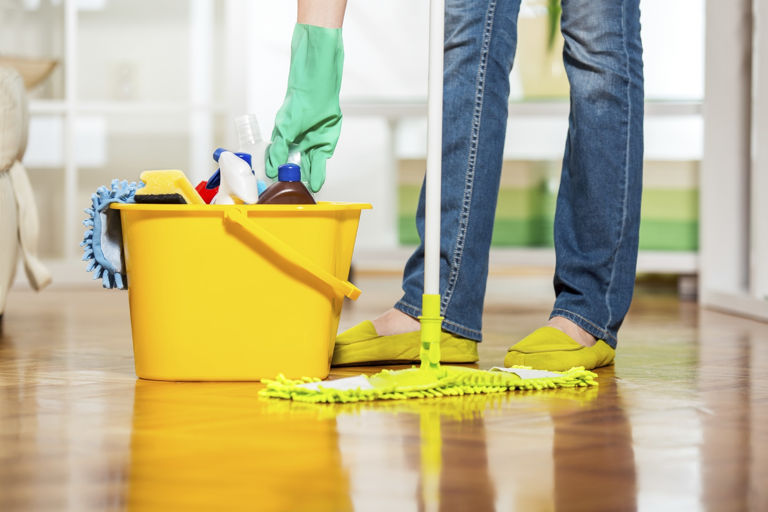Start-up to sell up in 18 months: The story of Mopp

Posted: Wed 13th Jan 2016
Pete Dowds co-founded Mopp, an online service which helps people find a cleaner, with Tom Brooks and grew it to 10,000 users a month after just a year. Six months later the pair decided to sell the company to US competitor Handy.
Here, Pete discusses the story behind the brand, why he and his partner decided to sell Mopp so quickly, his advice for other entrepreneurs and his new company Elder.
How did you come up with the idea and turn that idea into a business?
In 2012, Tom, my co-founder, and I were living together and struggled to find a cleaner online after a house party. Every company we found had no online booking, tried to tie you into a contract or was just impossible to contact. It just seemed like there had to be a better way.
We launched the first version of Mopp, with a freelancer, for £1,200 while still in our previous jobs but left a few weeks later when we started getting our first customers.
Your user base grew very quickly. Why do you think that was and what advice would you offer other entrepreneurs wanting to do the same?
We worked extremely hard to get Mopp off the ground (everything else in life was put on hold!) but we also benefited from timing. Having seen the success of offline to online channel shifts in other industries (transport and food etc), 2013 was the break out year for home services.
You have to be willing to give a business everything from a personal perspective in those initial months. We would be working 16 hours per day but it never felt like work. I'd gone from working stupid hours at an American law firm to building something with my best mate.
How did you fund your business and convince investors to get involved?
We bootstrapped Mopp for the first five months with our own savings and credit cards. We then raised £35,000 from ex-clients from our previous jobs.
This took us to a run rate of around £100,000 per year at which point we raised a $1.3m seed round from a venture capital fund. Our core KPIs were strong at that point (growth, retention, liquidity) which was the bedrock for closing the VC round.
Why did you decide to sell after only 18 months running the business?
It wasn't an easy decision. We were growing extremely quickly and had term sheets for a Series A. However, we felt that we weren't in a position where we would have enough capital to deploy from that raise to truly compete to be number one (or number two) in the global market.
We'd also met Oisin and Umang, the co-founders of Handy.com, and we all shared a very similar vision. Bringing together the largest players in the US and UK seemed like a good decision in the end.
How do you see the future for the UK sharing economy?
I think the tag 'sharing economy' can be slightly misleading for companies like Mopp. It implies an element of sharing when actually we were making it easier for a business transaction to occur and bringing together customers (who couldn't get high quality cleaners) with cleaners (who needed more customers).
It makes their lives easier and more efficient but isn't really 'sharing'. It is definitely empowering, however.
What are your tips for small business success?
Be comfortable being uncomfortable
Work hard and be nice to people
Keep going
Tell us about your new company Elder and how you came up with the idea.
Elder is the platform for the elderly generation. We are starting with a homecare marketplace to match customers with professional carers for a fair price.
We have both seen first-hand the issues our families experienced trying to find care for our grandparents and it stuck with us as we were looking at new concepts we wanted to launch after our time at Mopp and Handy.
We went live in late November and have seen extremely strong growth in the first couple of months. We've raised a $1.3m seed round with Hummingbird Ventures who we have known for a number of years and have brought on board some great founding team members from companies like Onefinestay and Handy.
Get business support right to your inbox
Subscribe to our newsletter to receive business tips, learn about new funding programmes, join upcoming events, take e-learning courses, and more.
Start your business journey today
Take the first step to successfully starting and growing your business.
Join for free
